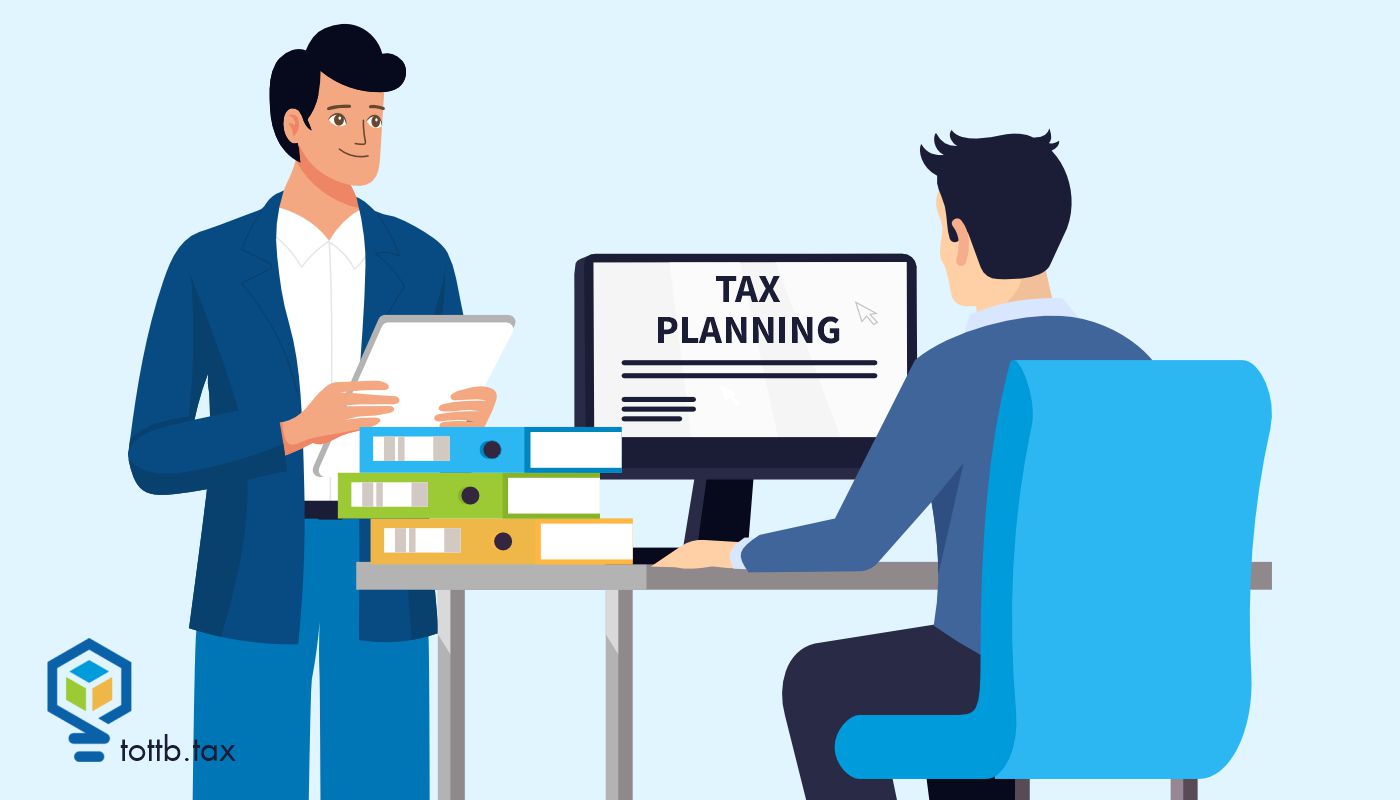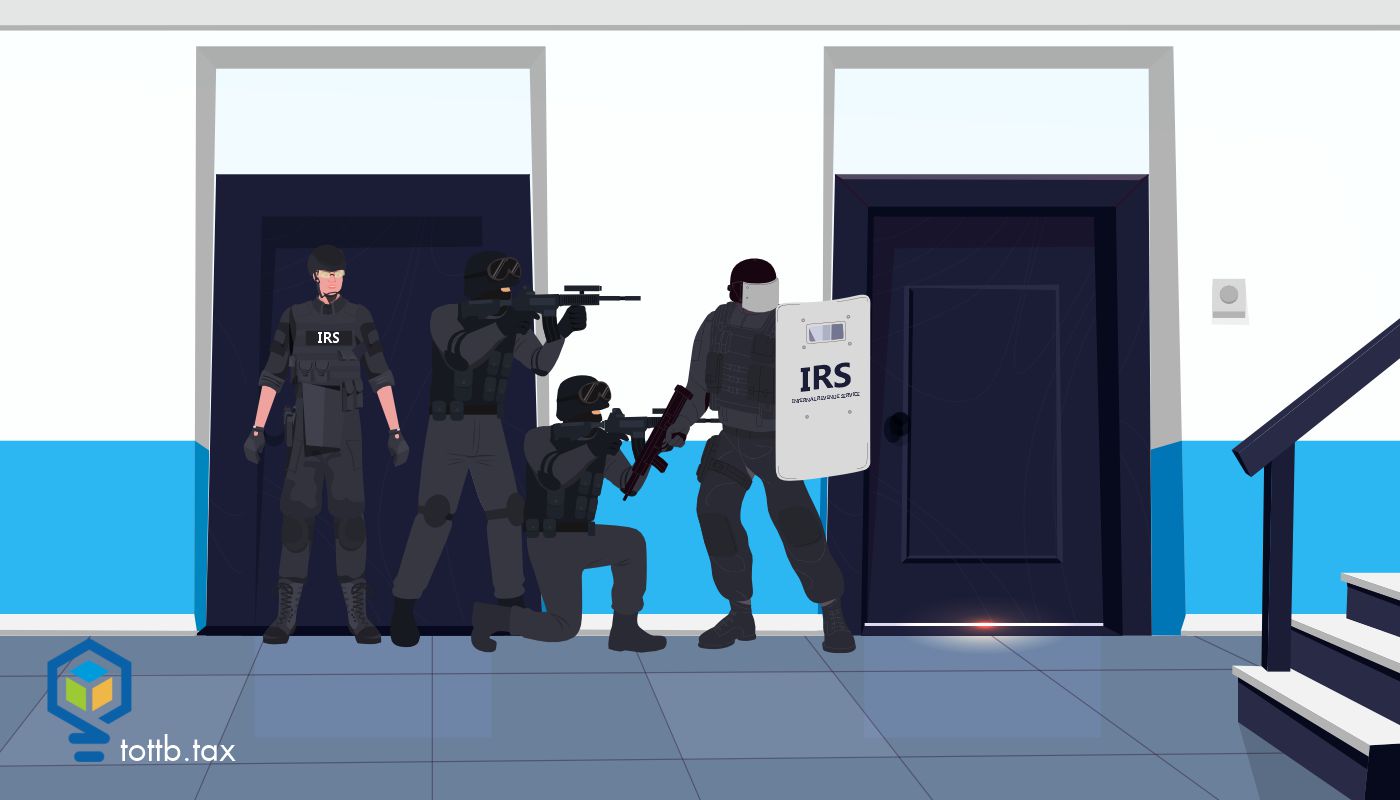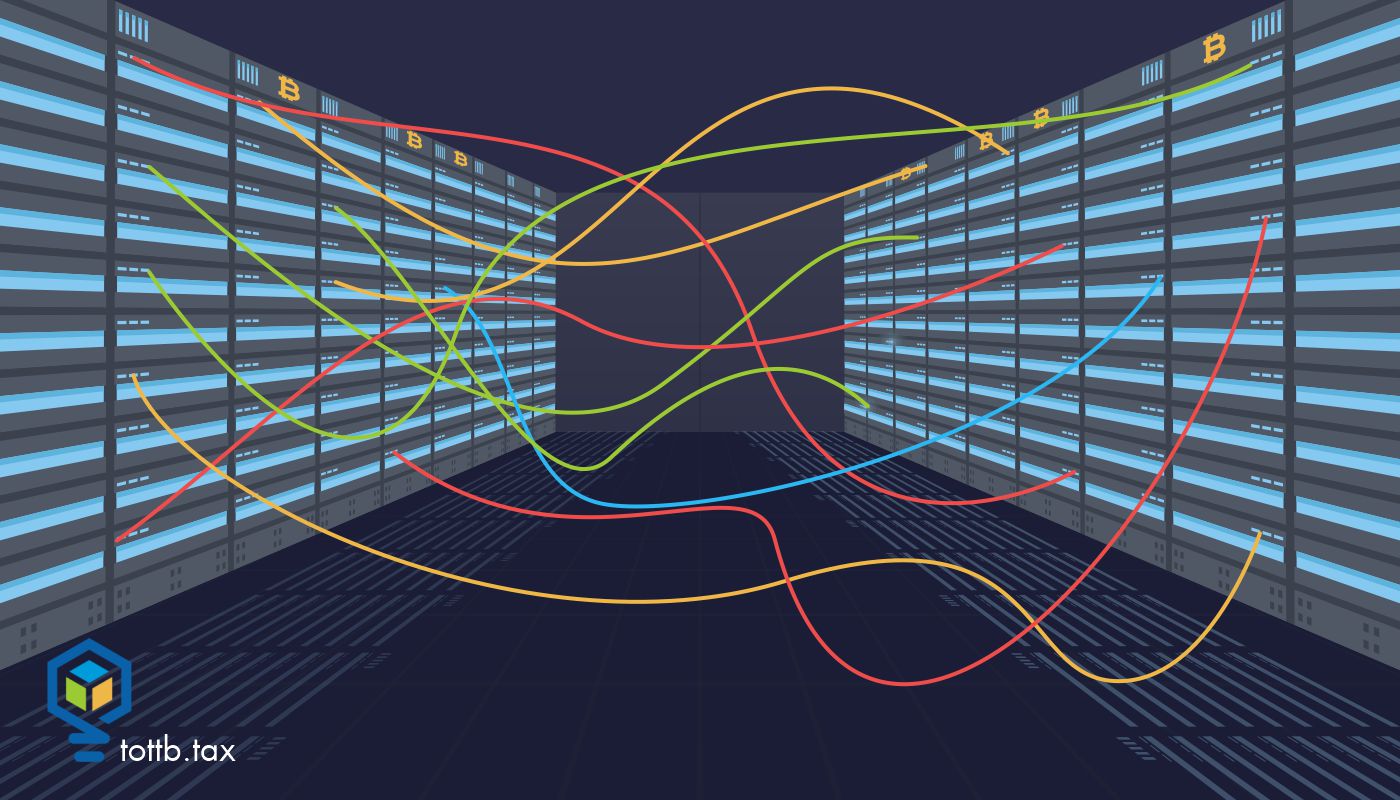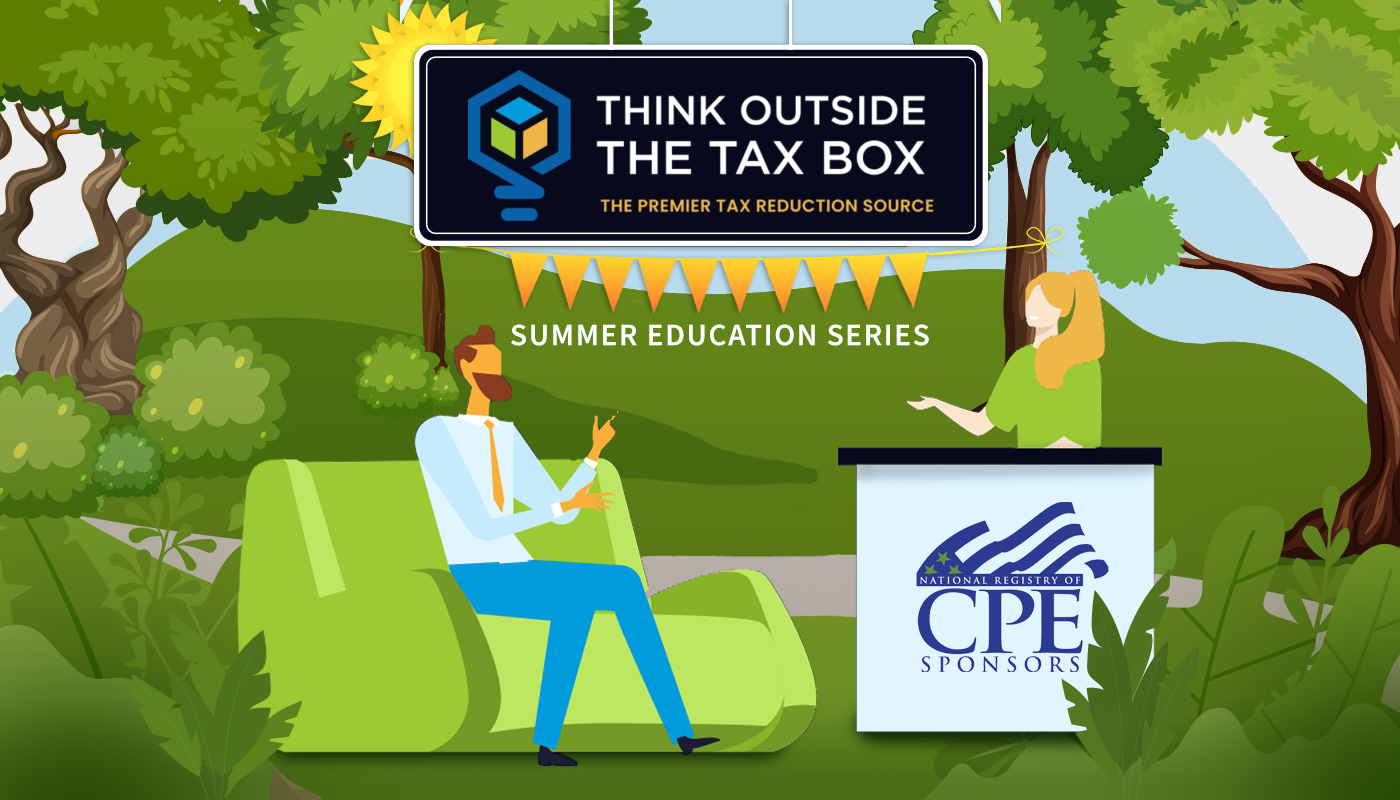CURRENT EDITION

The Ultimate Business Upgrade: Turning Your Partnership into an S Corp Without the Tax Bite
Looking to cut down on self-employment taxes on your partnership income? Converting your partnership into an S corporation might be the answer. If you currently run your business as a partnership or an LLC taxed as a partnership, you’re probably familiar with the sting of self-employment taxes. Unlike shareholder-employees of an S corporation, who only pay Social Security and Medicare taxes on their salaries, partners typically get hit with self-employment taxes on their entire share of the business’s net income. That can add up fast. By transitioning to an S corporation, you can restructure how you take your income—splitting it between salary and profit distributions. The big advantage? Those profit distributions are not subject to self-employment tax, potentially saving you thousands each year. So, if reducing your tax burden sounds appealing, let’s break down how a tax-free Section 351 incorporation works and what you need to know before making the move.
READ MOREUsing an LLC to Enhance Deductions for Your Personal Residence
A frequent question for tax pros is, “Can I put my primary residence in an LLC?” It is well known that owners holding rental real estate in a limited liability company want to ensure they’re receiving all their entitled benefits. The problem is, simply placing a personal residence in an LLC does not change the fact that the residence is for personal use and not for business. If you’re hoping that using an LLC will help you gain tax advantages, the LLC might not be the right choice for the property. The main purpose of an LLC is asset protection. Aside from this valuable benefit, many choose an LLC to hold their business activity. However, simply using an LLC for anything personal not only doesn’t provide additional tax benefits, but it may also cost you the available benefits for your home. If, however, you’re thinking of locking in the tax advantages you currently have while converting your home to a rental, consider selling it to an entity you own before you make it available for rent. To learn how to avoid losing tax breaks and gaining more, keep reading.
Read MorePros and Cons of Cryptocurrency Mining as a Trade or Business
As cryptocurrency grows in popularity, more people are turning to what is known as mining as a way to bring in some extra income. However, not all mining activities are equal; small differences in the facts and circumstances can have substantial impact on the tax consequences. Much of the nuance hinges on whether the activity is a trade or business under Section 162, which, in many circumstances, may not be a simple thing to determine. If you choose to treat your mining as a business, earned bitcoin is reported on a Form 1040 Schedule C. The benefit of this is the ability to deduct mining expenses as deductions for your crypto business. Along with direct costs to mine the digital currency, treating the work as a business opens the door to additional tax reduction strategies. To learn how to maximize your crypto mining activity, keep reading.
Read MoreThe Bucket List (Part 2): Living Large in Retirement While Minimizing Your Taxes
In Part 1 of this series, we took a deeper dive into IRMAA planning and minimizing tax on your Social Security benefits. You play a large role in shaping your retirement years in terms of lifestyle and financial health. Think of taking advantage of the many techniques to lower your tax during your retirement years as another aspect of self-care. By treating your financial health and well-being as carefully as you treat your mental and physical well-being, you can ensure that you have resources to attain your financial goals and support yourself in the style for which you’ve planned. In my practice, I see a wide range of client behavior surrounding retirement – from no planning to thoughtful, long-range planning. Looking ahead, whether you’re working with your tax professional and financial team or whether you’re planning on your own, pays off enormously. Please read on for some additional tips and techniques for tax savings involving charitable giving, Roth IRA conversions, and minimizing capital gains taxes – and two more examples.
Read MoreDon’t Overpay: Determining the Fair Market Value of Cryptocurrency Airdrops
To the non-crypto enthusiast, the term “airdrop” may conjure an image of a pallet of relief supplies parachuting in from above. In the cryptocurrency world, the term has a very different meaning, but conjures the same mental image. In the simplest terms, a crypto airdrop is a token that appears in your wallet without being purchased, although in some cases additional actions may be necessary to facilitate the transfer of the asset. An airdrop can take several different forms, the most basic of which is an unsolicited token that simply shows up in your wallet. This is typically done as a marketing campaign, to try to expand the user base of a new project. Generally, only a nominal amount of the token is distributed. Many times, this type of airdrop is done maliciously as part of a phishing or dusting attack. The vast majority of these airdrops are unwanted; they function as cryptocurrency’s version of “junk mail.” Other airdrops are used to reward users of a particular protocol for their past behavior. Typically, this will take the form of a governance token or some other newly minted token. Occasionally, the new token will automatically be deposited in the recipient's wallet, but most of the time the user will need to connect their wallet to a website and actively claim the reward. You may also be required to pay a gas fee to enable the transfer. Many airdrops of this type contain tokens of substantial value, so proper determination of when receipt takes place and what the fair market value (FMV) is can have considerable impact to tax. While the two previous examples are the most common form of airdrops, they are not limited to the above. In practice, any unsolicited token received is generally considered an airdrop. This can also apply to non-fungible token (NFT) and game-based environments. Small differences in the facts and circumstances of the airdrop may have outsized impacts on taxability and your planning opportunities. Keep reading to learn more.
Read MoreJust Good Business – Develop or Review Your Employee Handbook
An employee handbook is usually designed to cover everything a new hire needs to know to get started at their job. Depending on the size of the company “everything a new hire needs to know” can be either a vast amount of information or a much smaller amount. Many small, closely held businesses may not have an employee handbook because they don’t feel they are large enough to warrant it or they (mistakenly) believe that necessary information is getting communicated effectively and consistently to all staff members. Often having an employee handbook isn’t something most businesses think about until it’s too late (for example, when an employee files a lawsuit for discrimination or a worker’s compensation claim). Even businesses that have an employee handbook may not give it much thought once it has been developed. But developing and maintaining a useful employee handbook is just good business. Why? The employee handbook explains a company’s culture and values and is a valuable reference tool for employees looking for information on company policies. It can save management time (and money) and can help to prevent or mitigate legal issues for the company.
Read MoreHow to Get More Tax Benefit from a Fully Depreciated Property
Question: I have a fully depreciated rental property that I purchased more than 40 years ago. What are some tax planning strategies I should consider? Answer: Congratulations! You defied the odds and the thousands of advertisements claiming that real estate investing is an easy way to get rich. But now that your precious “paper losses” a.k.a. depreciation is long gone, it’s time to search for a new way to create tax advantaged income. There are some fun ways to “re-depreciate” your investment again, and even put some of those carryovers to use. But before jumping into tax, let’s also consider your investment returns since you achieved this milestone. One issue I see many real estate investors face is that they tend to be short-sighted with their goals. You might, initially, have a goal to get rental income sufficient to cover your mortgage payments. You might have a longer-term goal of eventually having rental income pay off your mortgage. Often, when either of these events occur, I notice some investors sit back to enjoy their success. While success specifically means something different for everyone, from a wealth and tax perspective it is important to also evaluate your choices and returns on your investment. Examining the cash-on-cash return on investment is especially important for real estate investors who may not consider more than their initial down payment as their own investment. In addition, identifying loopholes which allow you to re-depreciate your property can also create significant tax benefits you cannot afford to miss. Keep reading to learn more…
Read More2022 Summer Education Series Event Calendar
TOTTB proudly introduces our 2022 SUMMER EDUCATION SERIES! That’s right! Every month through August we will be bringing you a FREE, live webinar event to help educate and inspire you on all things tax! As a monthly or annual subscriber, these webinars are 100% exclusive, and free to you! Guest speakers include regular columnist, Peter Reilly, Boston Tax Institute Founder, Lucien Gauthier, the Tax Mama, Eva Rosenberg, and more! Every webinar comes with free continuing education credits for those who qualify! Keep reading for more details...
Read MoreThe Bucket List (Part 1): Living Large in Retirement While Minimizing Your Taxes
We've all heard the messages to pay yourself first, save a percentage of your income, build your nest egg, and some of us heeded the messages. Whether you’ve saved a lot or a little, we have many ways to reduce taxes in retirement, and by doing so, we maximize the power of our retirement savings. Accumulating retirement funds is step one. And there are tax-advantaged ways to save for retirement: employer plans (401(k), 403(b), 457), individual retirement accounts (IRAs), self-employed retirement plans (Keogh, SEP, SIMPLE, Solo 401(k)), and non-retirement accounts. While you’re saving, you may have accumulated multiple “buckets” of assets, some in taxable accounts, some tax-deferred, some nontaxable. Looking ahead toward retirement withdrawals/distributions (the funds you’ll need for essential and discretionary living expenses) adds tremendous value, and tax planning is a big part of the picture. Read on for more specifics and stay tuned for Part 2 with additional tips and examples.
Read MoreNOT A MEMBER YET?

SUBSCRIBE TO GET ALL OF OUR
GREAT ARTICLES AND RESOURCES!
CURRENT EDITION

The Ultimate Business Upgrade: Turning Your Partnership into an S Corp Without the Tax Bite
Looking to cut down on self-employment taxes on your partnership income? Converting your partnership into an S corporation might be the answer. If you currently run your business as a partnership or an LLC taxed as a partnership, you’re probably familiar with the sting of self-employment taxes. Unlike shareholder-employees of an S corporation, who only pay Social Security and Medicare taxes on their salaries, partners typically get hit with self-employment taxes on their entire share of the business’s net income. That can add up fast. By transitioning to an S corporation, you can restructure how you take your income—splitting it between salary and profit distributions. The big advantage? Those profit distributions are not subject to self-employment tax, potentially saving you thousands each year. So, if reducing your tax burden sounds appealing, let’s break down how a tax-free Section 351 incorporation works and what you need to know before making the move.

IRS and DOJ Enforcement Against Tax Professionals: Trends, Cases, and Lessons
In recent years, the IRS Criminal Investigation (CI) division and the Department of Justice (DOJ) have aggressively pursued tax professionals involved in fraud or other tax-related crimes. Certified tax planners, preparers, accountants, and attorneys who engage in misconduct are facing serious legal consequences. This article reviews notable prosecutions from roughly the past five years, highlighting enforcement trends and the types of fraud authorities have targeted. We then distill 10 key lessons from these cases – each supported by real-world examples and case citations – demonstrating how broad enforcement has impacted tax professionals. Finally, we conclude with a comprehensive list of dos and don’ts to help tax practitioners stay on the right side of the law and avoid the pitfalls that landed others in trouble.

How to Overcome the Fear of Delivering Bad News to Clients
We’ve all been there. Breaking bad news is one of the hardest parts of being a tax professional. But avoiding these conversations only makes things worse.
The good news? There are ways to make this process easier. With the right approach, you can turn these tough conversations into opportunities to build trust, strengthen your reputation, and reinforce your expertise.







